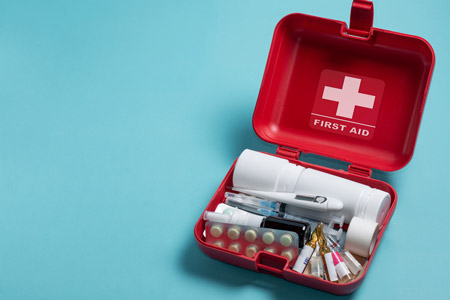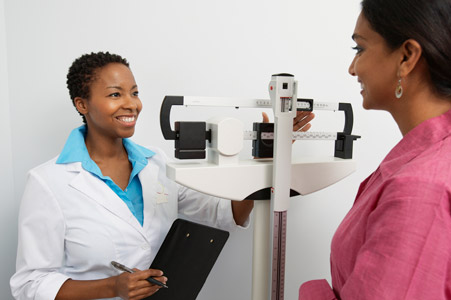


Health Savings Accounts (HSAs) Explained
When picking your insurance plans during open enrollment, you may be asked if you want to enroll in a Health Savings Account (HSA). Unlike dental or vision insurance, though, a HSA isn’t an insurance plan.
So should you opt in? With so many decisions to make during open enrollment, it can be difficult to choose the right option. Let’s learn more about HSAs to help you decide if they are right for you.
What Is a Health Savings Account (HSA)?
A Health Savings Account is exactly what it sounds like — a personal savings account that can be used on health expenses. One thing that makes it different from a regular savings account is that you can add money and then take it out tax-free — as long as it’s only used for approved expenses. This includes things like deductibles and copays at your doctor’s office.
HSAs are usually only available if you are covered by a High Deductible Health Plan (HDHP). With these HSA-eligible plans, you usually pay a lower monthly premium but the deductible is much higher than a regular plan. So you may pay a lot more for health-related expenses before the insurance starts helping out.
Examples of HSA-approved expenses:
- Doctor visits
- Prescription drugs
- Ambulance rides
- Hearing aids
- Psychological therapy
- Some long-term care
What Are the Benefits of an HSA Account?
The biggest benefit of an HSA is that you aren’t taxed on the money you add to the account. Additionally, you may earn interest while the money you allocated remains in the account. When you withdraw money for qualifying expenses those transactions are 100% tax deductible.
Another benefit is that the money doesn’t expire. It stays in the account until you need to use it. The money in your HSA can also be used to cover medical expenses for your spouse and dependents even if they aren’t on your insurance plan. Lastly, you can keep the same HSA account even if you switch jobs or retire.
So if you’re in the market for insurance and opt for a High Deductible Health Plan (HDHP), adding an HSA is a good financial choice. What you add to it will help cover some of your medical expenses tax-free until your deductible is reached. And since it never expires, any money left over after you reach your deductible can be used next year or anytime in the future for you or your dependents.
Before making any final choices next open enrollment season, be sure to consult with a financial professional on which option is best for you.



.jpg)
.jpg)
.jpg)


















.jpg)





















.jpg)

















.jpg)


























.jpg)
.jpg)
.jpg)








